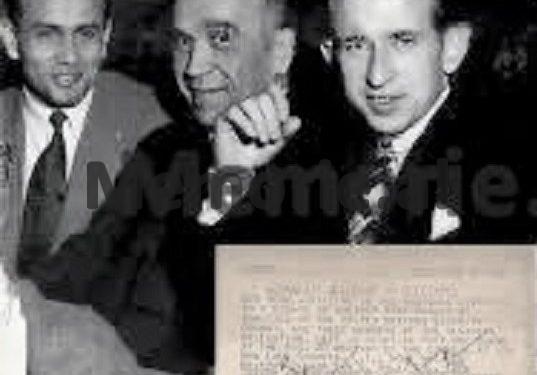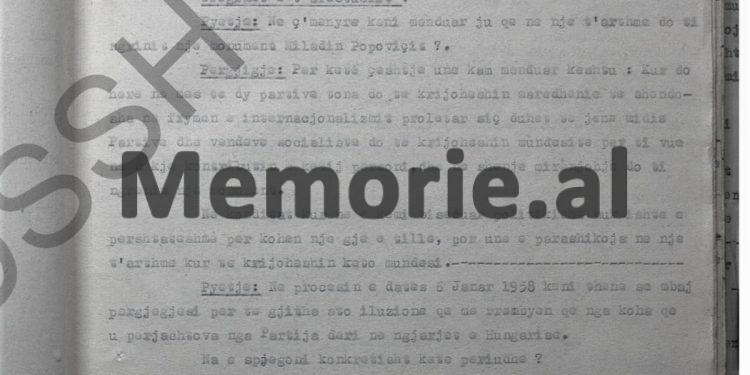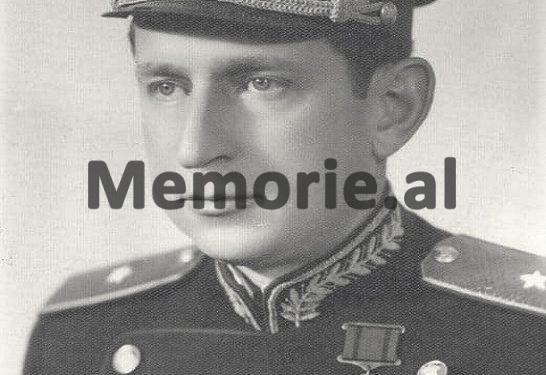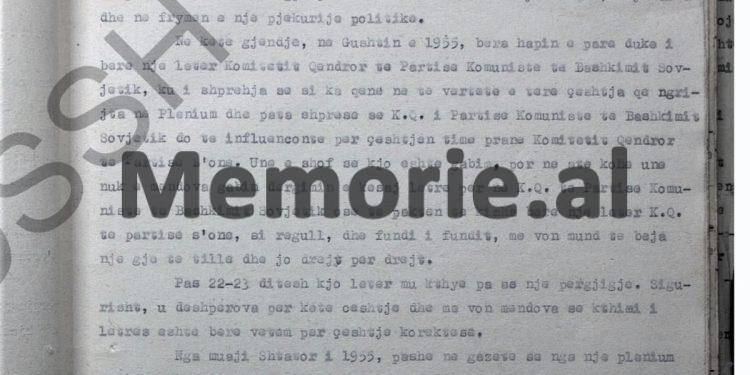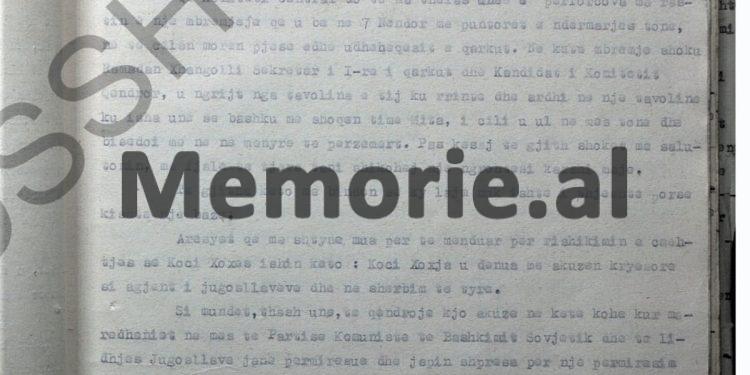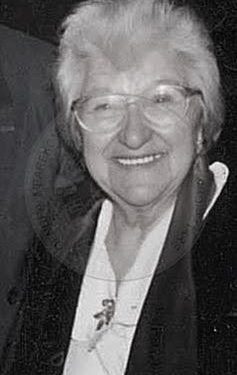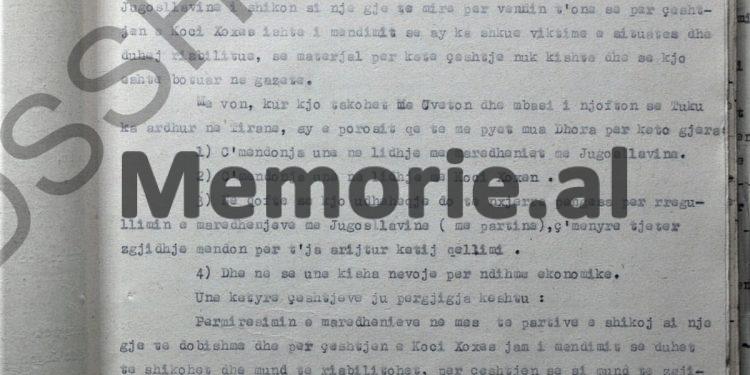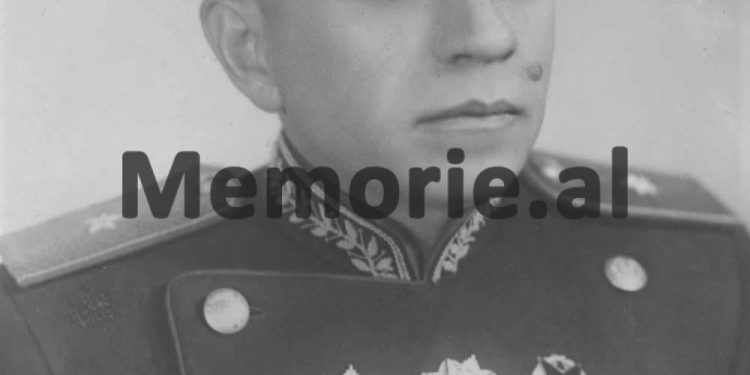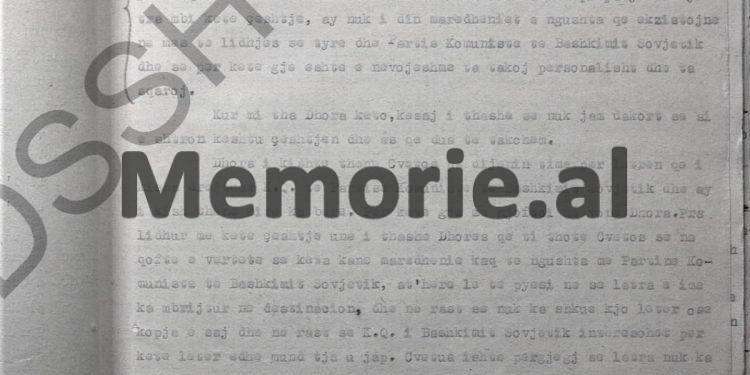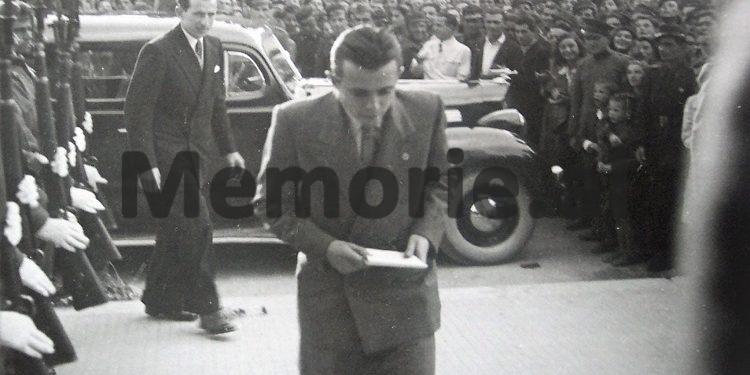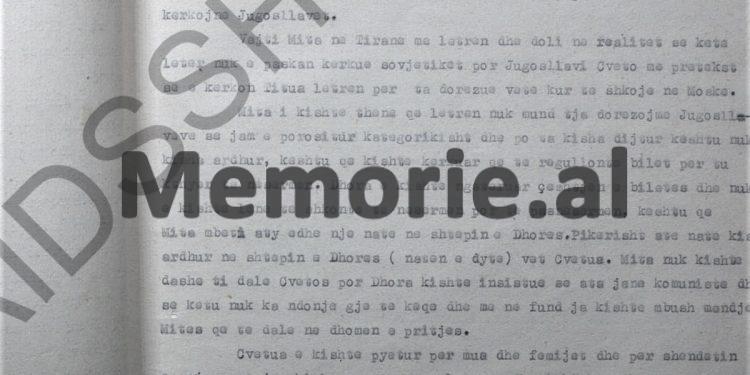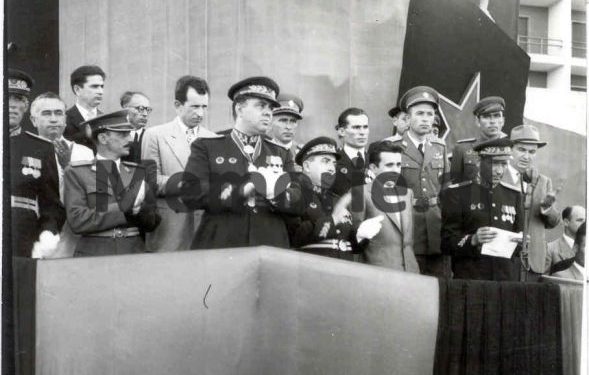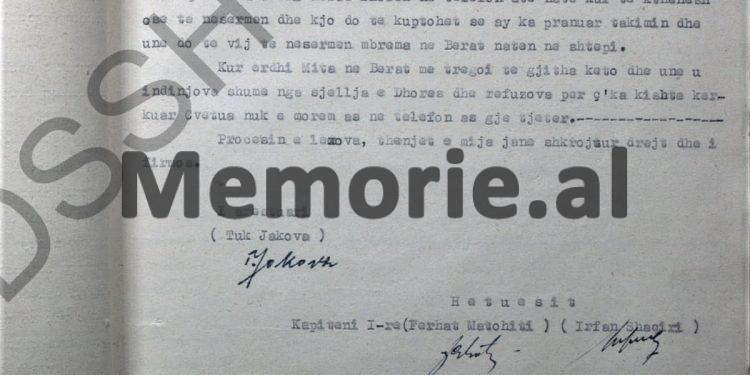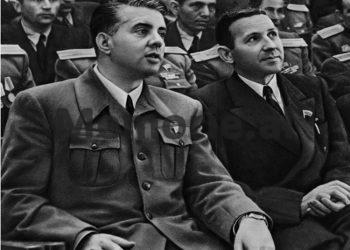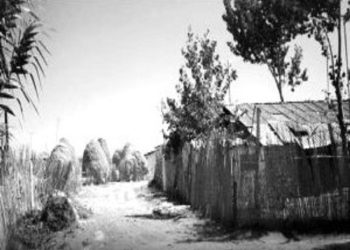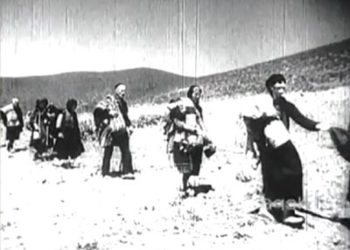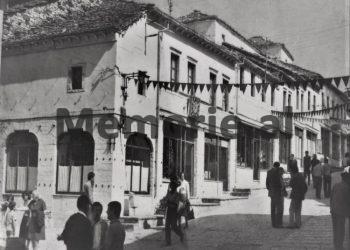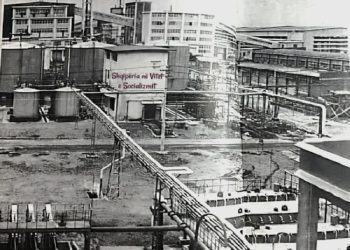Dashnor Kaloçi
Part twenty-two
Memorie.al/ publishes some archival documents issued by the institution of the Authority for Information of Former State Security Files, where there is a voluminous file belonging to Tuk Jakova, who since the period of Zog Monarchy, was one of the leaders of the Communist Group of Shkodra, sentenced to political prison in the famous trial of 1938, together with Qemal Stafa and Vasil Shanton, participant in the founding meeting of the Albanian Communist Party and member of its Central Provisional Committee, since the founding meeting of November 8, 1941, political commissar of the First Assault Brigade and the First Corps of the National Liberation Army, where from the end of the War, in November 1944 until 1955, he held several senior party and state functions and duties. , as: member of the Politburo and secretary of the Central Committee of the Albanian Communist Party, full ambassador of the People’s Republic of Albania in Belgrade, President of the Trade Unions of Albania, Minister of Finance and Deputy Prime Minister of the Albanian government, headed by Enver Hoxha, etc. The entire voluminous file (forms and investigative) that is published for the first time by Memorie.al., Where there are hundreds of unknown documents, in charge of the former lieutenant general Tuk Jakova, (“People’s Hero”), which belong to the period 1951-1959, when he, after numerous contradictions with Enver Hoxha since the end of the war, in 1951 was expelled as a member of the Politburo and in 1955, he was expelled from the Central Committee of PPSh, being dismissed from all party and state functions, which he had held until then, was interned with his family in the district of Berat, where after working for some time as head of the Carpentry Department in that city, in 1957 was sentenced to solitary confinement in Kanina Castle, Vlora district, where he was arrested in 1958, sentenced to 20 years in prison, accused of being a “traitor and enemy of the people”, until he died in the Prison Hospital. of Tirana in 1959, in mysterious circumstances! What is said in the secret documents (reports, photographs, cards, forms, report-information, notes, minutes, surveillance reports, plan-measures, statements, denunciation letters, etc.) belonging to the period 1955-1959, when he was under constant surveillance and surveillance by the State Security bodies, who were the officers of the bodies of the Ministry of Internal Affairs, who were in charge of his surveillance, and the names and nicknames of the Security collaborators, who kept him under strict control. ?!
Continued from the previous issue
Verbal process
In Tirana on January 8, 1958. We, the investigators of the State Security Directorate, Irfan Shaqiri and the first captain, Ferhat Matohiti, interrogated the arrested Tuk Jakova.
The questioning started at 9:30 p.m.
The question ended at… ..
Arrested stories:
Question: How did you think that in the future you will erect a monument to Miladin Popovic?
Answer: On this issue I have thought so; at any time, healthy relations would be established between our two parties in the spirit of proletarian internationalism, as they should be between the parties and socialist countries, which would create opportunities to show the contribution of this person, and as a sign of gratitude we would erect a monument to him.
In the conditions when we talked about it politically, such a thing was not appropriate for the time, but I foresaw it in a future when these opportunities were created.
Question: In the proceedings of January 6, 1958, you said that; I am responsible for all those illusions that robbed me, from the time I was expelled from the party, until the events in Hungary.
Explain this period to us concretely.
Answer: I called my expulsion from the Party unfair, and I also called my expulsion of my wife from the Party unfair, because she really had no guilt in the meantime. Other measures taken against me, such as: Dismissal by the Deputy Prime Minister, sent me to the head of the department, removal of the rank, from lieutenant general to civilian soldier, dismissal from the functions of deputy, and removal of the decoration of ‘Hero of I considered the people ‘unfair. I also called unfair the measure taken against my brother, Frano Jakova.
All these negatively influenced me and I did not take these as measures of an educational nature, but as measures, which in my opinion, were made by kidnapping, as I felt innocent and did not hold any reservations about the Party. Since then I realized the mistake I made, but I did not start from a bad intention to do so. Thus, being in this situation, I began to suspect within myself that these measures which I called unjust, were made more in the personal spirit and I just thought that Comrade Enver, disliking my discussion, which was also a criticism. , influenced to do so.
Being in such a prey available, I moved from the stage to see the development of subsequent events in a realistic, objective way and in the spirit of a political maturity.
In this state, in August 1955, I took the first step by making a letter to the Central Committee of the Communist Party of the Soviet Union, where I expressed that; as it really was, the whole issue I raised in the Plenum and I hoped that the Central Committee of the Communist Party of the Soviet Union, would influence my case, at the Central Committee of our Party. I see that this is wrong, but at that time I did not mistakenly think of sending this letter, or at least I had made a letter to the Central Committee of our Party, as a rule, and the last, later, I could do such a thing and not straightforwardly.
After 22 – 23 days, this letter was returned to me without any response. Of course, I was disappointed with this issue and later I thought that the return of this letter was done only for corrective issues.
From September 1955, I saw in the newspaper that a plenum held in Hungary, chaired by Rakoshi, apologized to Tito and his Yugoslav comrades for all the accusations made in the Rajk trial and that this issue had been an intrigue of another in the Ministry of the Interior, against whom, measures had been taken by imprisoning him. It was during this time that news was published in the press to give the impression that; between the Soviet Union and Yugoslavia, a healthy situation was emerging as well as from the other sister parties.
Until now, I had not played the position that despite the improvement of relations between the Communist Party of the Soviet Union and other sister parties, towards us, the Yugoslavs have a responsibility and those they should be self-critical about the issue of their intervention in the affairs of the Party and of our country in the past.
The first element that I started moving from this position is the issue of Koci Xoxe. After reading this news, of the Hungarian Plenum, for the first time I thought about the case of Koci Xoxe, and I came to the conclusion with myself, that; in this situation that was being created, the case of Koci Xoxa had to be reconsidered.
It is at this time, when I learned that our Party Central Committee intended to call me and Bedri. This seemed like a normal thing to me, as I understood it as a correction made by the leadership, its mistake.
That the Central Committee will call me, I reinforced on the occasion of an evening held on November 7 with the workers of our enterprise, which was also attended by the leaders of the County. This evening, Comrade Ramadan Xhangolli, 1st Secretary and Central Committee candidate, got up from his desk and came to a table where I was with my wife, Mita, who sat between us and talked with us cordially. After that, all the friends greeted me, in other words, now warmth was seen towards me.
All this convinced me that this news was not simple but had a basis.
The reasons that pushed me to think about reviewing the case of Koci Xoxa, were these:
Koci Xoxja was convicted on the main charge; as an agent of the Yugoslavs and in their service.
How can, I said, stand this accusation at this time, when relations between the Communist Party of the Soviet Union and the League of Communists of Yugoslavia have improved and give hope for further improvement.
In my opinion, in the face of such a situation, it was necessary for us to review the case of Koci Xoxa, and after it was reviewed, I thought that he could be rehabilitated. Although I played by this element, in terms of Yugoslav intervention, I did not play until 1956, when Tito went to Moscow.
At the end of December 1955, I got my usual permit and came to Tirana. Here I met Dhora Lekë, who at that time had begun to have contacts with the Yugoslavs. Dhora informed me that he had been to Elbasan, commissioned by the Yugoslav Cveto, to ask Bedrina how he viewed the development of relations with Yugoslavia and that he was insane in this situation for Koci Xoxen, he had asked that; what was the main charge and whether Bedri had material on the matter.
As Dhora told me, Bedri had replied that; relations with Yugoslavia, he saw them as a good thing for our country, for the case of Koci Xoxe, he was of the opinion that he was a victim of the situation and should be rehabilitated, there was no material on this issue and that this was published in the newspaper.
Later, when he meets with Cveton and after informing him that Tuku has come to Tirana, he orders Dhora to ask me about these things:
- I was crazy about relations with Yugoslavia?
- I was crazy about Koci Xoxen?
- I wondered if this leadership would create obstacles to normalizing relations with Yugoslavia, what other solution do you think would be to achieve this goal?
- And if I needed financial help?
I answered these questions as follows:
I see the improvement of relations between the Parties as a useful thing and on the issue of Koci Xoxa, I am of the opinion that it should be looked at and can be rehabilitated, on the issue of how the improvement of relations can be resolved differently if this leadership obstacles, I have said that there is no other way, unless this leadership will be advised by the Communist Party of the Soviet Union and on this issue, I ask, how the Yugoslav Party will justify its intervention, in Our party.
As for economic assistance, I do not need it.
Dhora had informed him of these views of mine and he, while remaining satisfied, that I thought that the case of Koci Xoxa, should be reviewed, had said that; he did not agree with me that the issue of improving relations, in case this leadership raises obstacles, has no choice but to be advised by the Communist Party of the Soviet Union.
Regarding my question, that; as the Party of the League of Communists of Yugoslavia, I would justify the intervention in our Party, Cvetua, had not remained satisfied and had told Dhorë, that; Tuku still retains old views on the matter, he does not know the close relationship that exists between their League.
When Dhora told me these, I told her that; I do not agree with how he puts it this way, nor do I want to meet. Dhora had told Cveto, without my knowledge, about the letter I had addressed to the Central Committee of the Communist Party of the Soviet Union and he had told her; well done. Dhora informed me about this later.
When I left for Berat, I said to Dhori: If this letter is requested at the Soviet embassy, let us know and I will send it again, only to the Soviets. From February 1956, an aunt of my wife and Dhorë comes to Berat, whose name is Evanthi and they call him Vana, to look at Mita, who was sent by Dhora and tells Mita, that Dhora ordered me, with him gave me that booty for the Soviets. Mita told me this and I told her that; to go on the phone and ask Dora, do the Soviets really want this, or anyone else?
Dhora had replied that; no one but the Soviets, however I was still not satisfied and did not have the confidence to send this letter through Aunt Vana, for this I ordered Mita to go with Aunt Vana and I am sending the letter with you.
The next day, I sent Mita with the letter to Tirana, ordering her, categorically, to hand over the letter herself, only to the Soviet ambassador, and in no way should I give this letter to Dhori, if the Yugoslavs ask for it.
Mita went to Tirana with the letter and it turned out that this letter was not requested by the Soviets, but by Yugoslavia Cveto, under the pretext that he was asking for Tito to deliver the letter himself, when he goes to Moscow.
Mita had told him that we could not deliver the letter to the Yugoslavs that I had been commissioned and if I had known so, I would not have come, so the next day, Mita wanted to return. With Dhorë’s prayer, Mita stayed one more night with Dhora, exactly that night; she had come to Dhorë’s house, Cvetua herself. Mita did not want to go out to Cveto, but Dhora had insisted that they were communists and that there was nothing wrong with that, and finally, he had persuaded Mita to go out in the waiting room.
Cvetua, had asked him about me and the children, about her health, then asked him about the letter and told him to give this letter to him, that they are asking for it from above, as the issue is very important. Mita had told him that; I was instructed to hand over the letter only to the Soviets and without Tuk’s permission, to whom else could I not give it.
Cvetua had told him; well, after that they had gone to other conversations, Cvetua had told him: “I understand Tuku now, who is Enver Hoxha that he did not know before, how we knew him, but I believe that now that he did this thing, he must have known it well.
“He is a Stalinist, even in the Central Committee of the Communist Party of the Soviet Union. There are Stalinists and young people, they are divided into two currents, but there, the new current is gaining ground, with Khrushchev at the helm.”
He had spoken out against Stalin, contemptuously, and Mita was outraged. You will see in the XX Congress, that there will be another Beria. In the end he had said to Mita, why, commissioned by my leadership, I have some very important things to say only to Tuku and I cannot tell either Dhori or you and I definitely want to meet him.
In case Tuku does not want to meet, then let him appoint a place outside Berat and there I will leave what I want to say and he will answer me again after a while, at the same place. In case Tuku agrees to meet, take Dhorë on the phone the night you return, or the next day, and it will be understood that he has accepted the meeting and I will come to Berat the next night, at night.
When Mita came to Berat, she told me all this and I was very indignant with Dora’s behavior and refused what Cvetua had asked for; we did not get her on the phone or anything else. Memorie.al
Arrested Investigators
Tuk Jakova Captain Irfan Shaqiri and Ferhat Matohiti
The next issue follows




